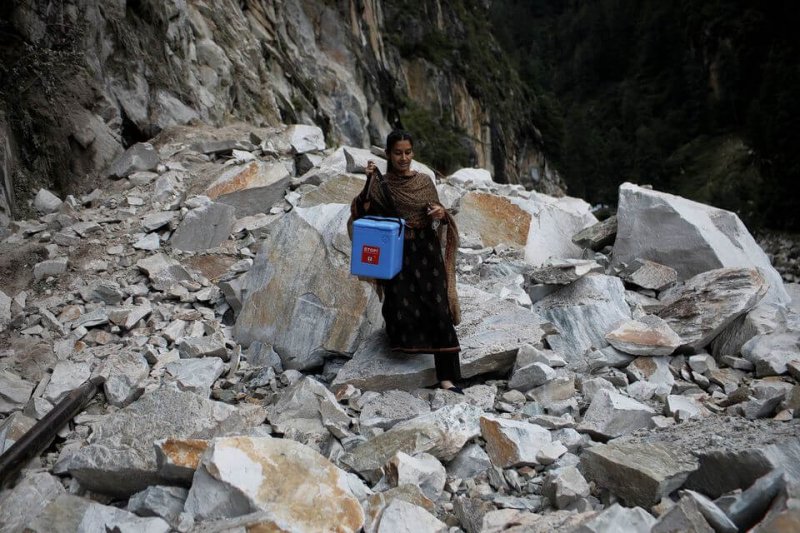Nearly 10 months after the first Covid-19 vaccine became available to the public, the divide between nations that have shots and those that don’t is starker than ever. The U.S. and other rich countries such as Israel and the U.K. are doling out third shots, while in low-income countries—the vast majority of which are in Africa—just 2.2% of people have received even a single dose.
The reason is principally a lack of supply from an international vaccination program that has struggled to secure enough shots, exacerbated in some places by inadequate infrastructure, hesitancy and armed conflict.
In the countries that lack immunizations, the pandemic continues to wreak havoc on lives and livelihoods, in some places setting back the economic and social gains of a generation. Uninterrupted transmission in those places could also allow the virus to mutate into variants that are resistant to existing vaccines.
The WHO’s Africa director, Matshidiso Moeti, said [September 23] that monthly vaccine shipments to Africa will have to rise more than sevenfold, from around 20 million doses to 150 million doses a month, if the continent is to immunize 70% of its population by next September.































